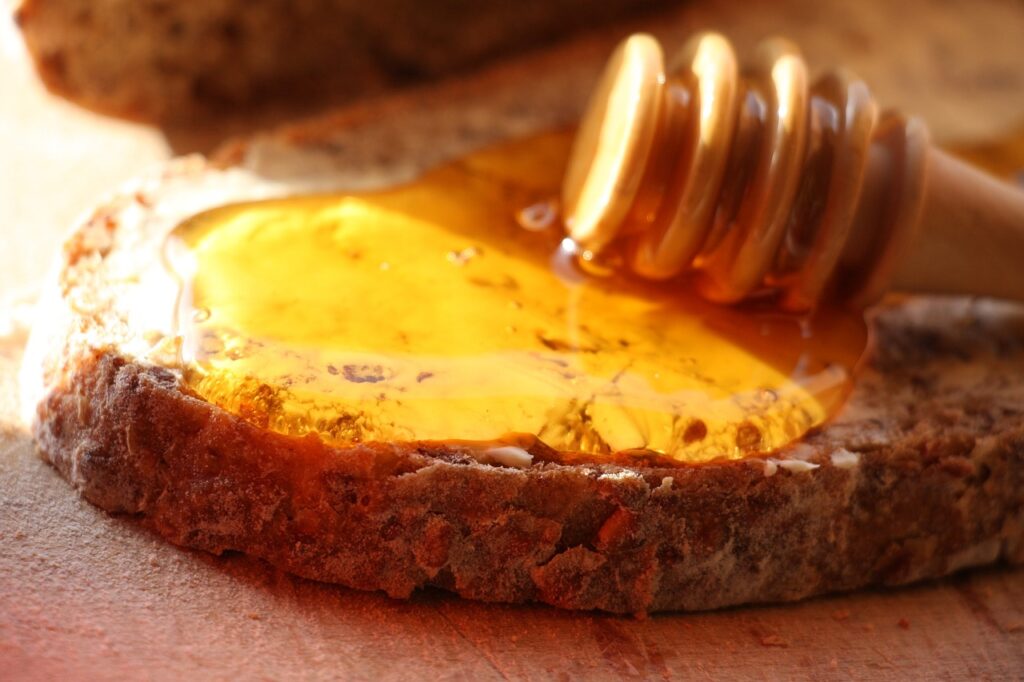Pimple Secretions
Pimple secretions are a common topic of curiosity for many individuals. The liquid that comes out of pimples, known as sebum, plays a crucial role in maintaining the health of our skin. Here, we delve into the science behind pimple secretions to understand their impact on our skin and overall wellbeing.
The Role of Sebum
What is Sebum? Sebum is an oily substance naturally produced by our skin’s sebaceous glands. It consists of a mixture of lipids, wax esters, triglycerides, and cholesterol.
Purpose of Sebum Sebum serves to lubricate and waterproof the skin and hair. It helps maintain the skin’s natural barrier function, preventing dehydration and protecting against external irritants.
Pimple Formation and Secretion
Acne Development Acne occurs when hair follicles become clogged with sebum and dead skin cells. This environment creates an ideal breeding ground for bacteria, leading to inflammation and the formation of pimples.
Types of Pimple Secretions Whiteheads: Result from a partial blockage near the skin’s surface, where sebum and dead skin cells accumulate. Blackheads: Form when the pore is fully open, allowing air to oxidize the accumulated sebum, turning it dark. Pustules: Characterized by a red base with pus at the top, a mix of white blood cells, dead skin cells, and bacteria.
Impact of Pimple Secretions on Skin Health
Inflammation and Infection Pimple secretions contain bacteria, such as Propionibacterium acnes, which can exacerbate inflammation and lead to infections.
Skin Texture and Appearance Excessive sebum production can result in oily skin, enlarged pores, and a shiny complexion. Pimple secretions, when exposed to air and oxidized, can contribute to the formation of blackheads.
Healthy Habits for Managing Pimple Secretions
Gentle Cleansing Use a mild cleanser to remove excess oil and impurities without stripping the skin of essential moisture. Avoid harsh scrubbing, as it can irritate the skin and trigger more sebum production.
Hydration Stay wellhydrated to help maintain skin elasticity and promote overall skin health. Drinking an adequate amount of water can also help regulate sebum production.
Balanced Diet Incorporate foods rich in antioxidants, such as fruits and vegetables, to support skin regeneration and combat inflammation. Limit intake of highglycemic foods and dairy products, which may exacerbate acne flareups.
The Importance of Professional Skincare Guidance
Consulting a Dermatologist If persistent acne or skin issues arise, seeking the advice of a dermatologist is essential. Dermatologists can provide personalized skincare recommendations and prescribe treatments tailored to your skin’s specific needs.
In conclusion, understanding pimple secretions and their impact on skin health empowers individuals to make informed choices in their skincare routines. By adopting healthy habits and seeking professional guidance when needed, we can nurture our skin and promote a clear, radiant complexion. Remember, the journey to healthy skin begins with knowledge and care.


 William Webbernersil brings a strong technical background to mediagamblesaga.com. His articles dive into data-driven insights, platform development, and digital frameworks within the gambling sector, helping readers understand the mechanics behind the latest tools and technologies.
William Webbernersil brings a strong technical background to mediagamblesaga.com. His articles dive into data-driven insights, platform development, and digital frameworks within the gambling sector, helping readers understand the mechanics behind the latest tools and technologies.

